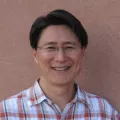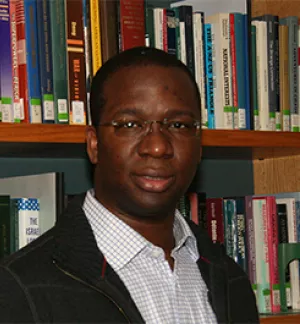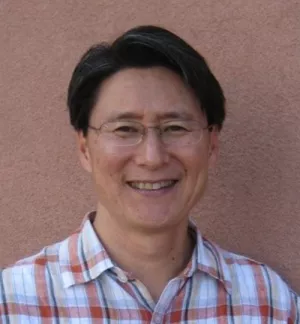The Art of Research: A Divergent/Convergent Thinking Framework and Opportunities for Science-Based Approaches
Author
Glory E. Aviña
Author
Christian D. Schunn
Author
Austin R. Silva
Author
Travis L. Bauer
Author
George W. Crabtree
Author
Curtis M. Johnson
Author
Tolu Odumosu

Author
S. Thomas Picraux
Author
R. Keith Sawyer
Author
Richard P. Schneider
Author
Rickson Sun
Author
Gregory J. Feist
Author
Jeff Y. Tsao

Related Programs






